
2,500 Calories Visualized: How Different Macro Ratios Look on Your Plate
A 2,500-calorie diet can vary dramatically in food quantity and quality depending on how you distribute macronutrients. Understanding these differences helps you make informed choices for your health and fitness goals.
Common Macronutrient Ratios (Protein/Carbs/Fat):
- 40/40/20: Traditional bodybuilding diet (high protein, moderate carbs, low fat)
- 30/20/50: Low-carb, high-fat approach
- 20/50/30: Typical American diet
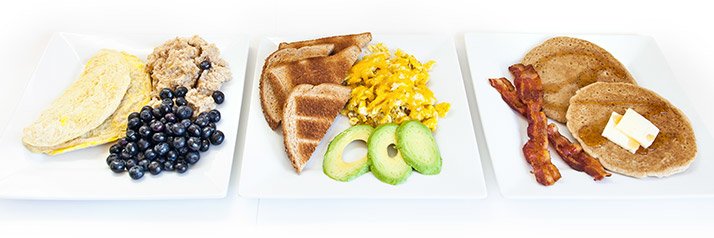
Keto breakfast ratio comparison chart
Calculating Your Macros:
- Determine total daily calories
- Choose your macro ratio
- Convert percentages to calories
- Convert calories to grams (Protein: 4 cal/g, Carbs: 4 cal/g, Fat: 9 cal/g)
Example for 2,500 calories at 40/40/20:
- Protein: 1,000 calories = 250g
- Carbs: 1,000 calories = 250g
- Fat: 500 calories = 55g
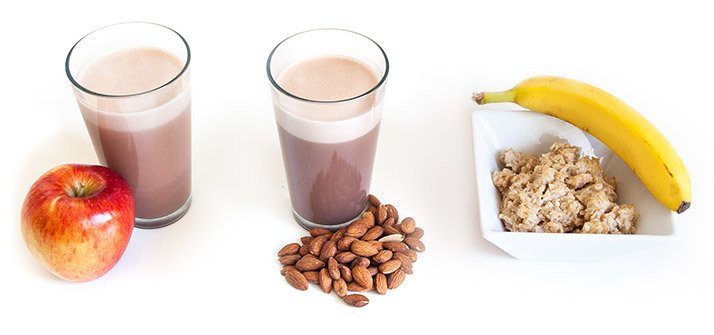
Macro food ratio comparison chart
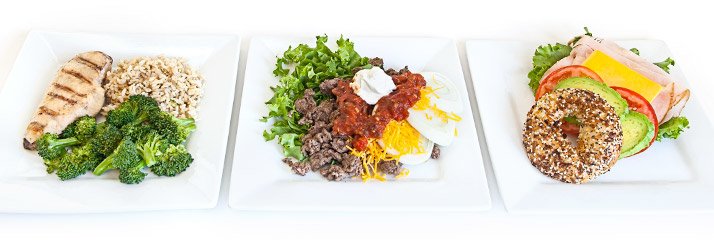
Keto meal plate with macro ratios
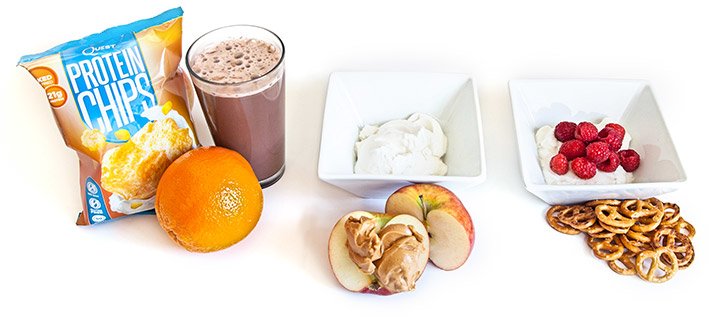
High protein and fiber snacks

Steak with colorful vegetables on plate
Diet Characteristics:
40/40/20:
- High food volume
- Ideal for bodybuilding
- Emphasis on lean proteins
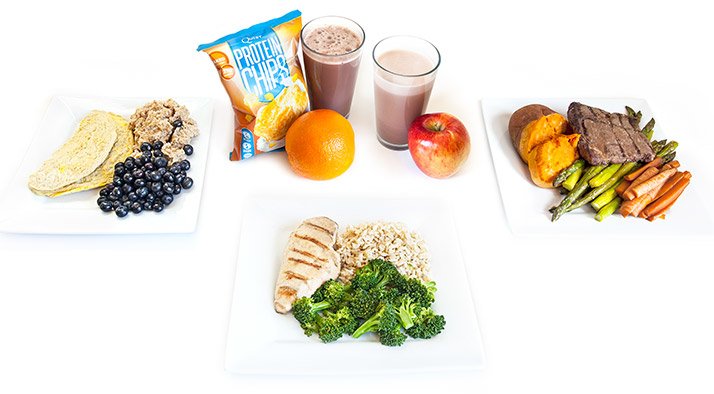
Food portion control visual guide
30/20/50:
- Lower food volume
- More filling due to high fat
- Suitable for ketogenic approaches
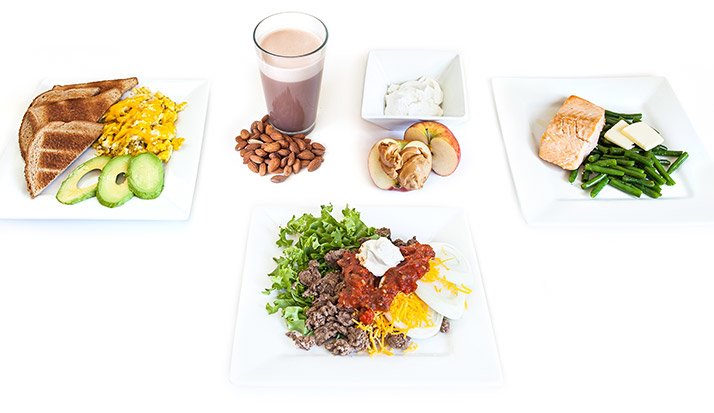
"Three balanced macro ratio meal options"
20/50/30:
- Standard American ratio
- Can be modified for fitness goals
- Higher in carbohydrates
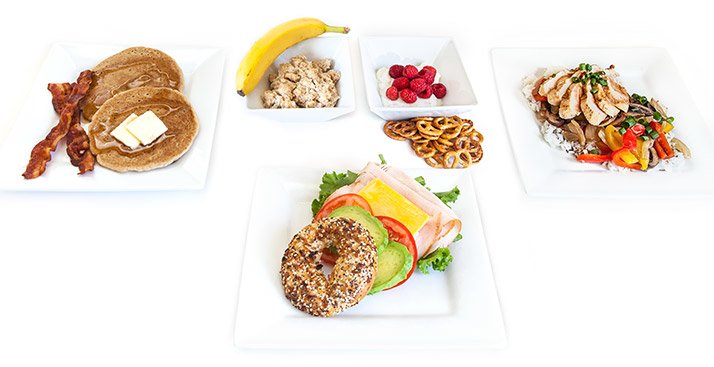
Balanced meal portions on round plates
Related Articles

15 Essential Foods That Help Lower High Blood Sugar Naturally

